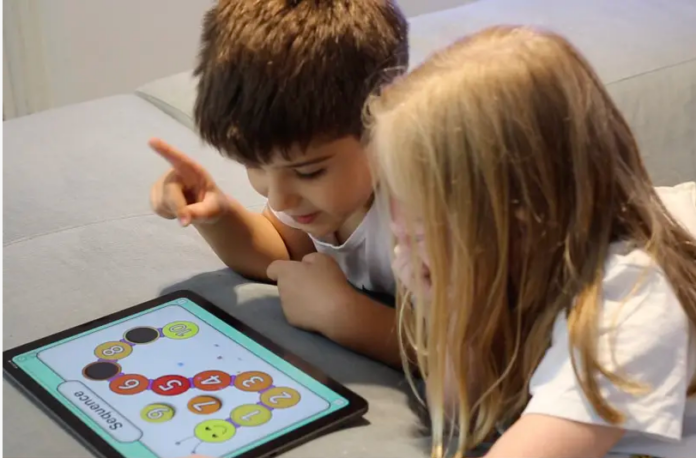By: HILLEL FULD
Published in the Jerusalem Post
JULY 23, 2020
Historians will analyze the year 2020 for generations to come, and if our current situation is any indication, they will label this year “The year that everything changed.”Think about it. What has not changed in 2020? Work has fundamentally been transformed. Social interactions look nothing like they used to. Really, you can pretty much take any part of our 2019 routine and realize that in 2020, it is no longer the same. Education, of course, is no different.
Time will tell how COVID-19 impacted our children’s education and whether those effects are reversible. But one thing is for sure: Our kids are dependent on mobile and tablet devices now more than ever.
The amount of time children are spending on their devices in 2020 is unprecedented, which creates somewhat of a conflict. On the one hand, with no regular classes, this is how they learn. On the other, we know the effects of these screens on our brains when we spend too much time staring at them.
One way of handling this challenge is limiting the child’s screen time. A Tel Aviv-based start-up called TinyTap is taking a different approach to make the most of your kids’ screen time. Understanding that these devices are the means by which children communicate, learn and play, the company offers a way to leverage the time they spend on their devices to maximize independent home learning. TinyTap offers kids the opportunity to learn by playing games created by local teachers worldwide.
With this approach in mind, TinyTap takes the “school system” out of the learning experience and enables kids to learn directly from teachers worldwide, while teachers split the revenue and get paid for the games they create on the TinyTap platform.
…
WHAT IS TinyTap exactly?
It is a platform, available on both iOS and Android, that is used by teachers worldwide to create interactive educational games on their own, easily and for free without knowing how to code.
These games are shared in TinyTap’s Marketplace, and then accessed by learners or their parents through a monthly or yearly subscription. It currently has over 180,000 games in 24 languages.“TinyTap was created out of my own personal needs. I wanted to help my dad, who was diagnosed with dementia, hold on to his memories by turning his family photos into interactive, personalized activities,” said TinyTap CEO Yogev Shelly.
“We quickly realized that TinyTap could offer a personalized learning experience for everyone. As a marketplace, we’re cutting out the dependency on a local education system. TinyTap gives parents the tools to teach their kids any subject at home and enables teachers, as content creators, to get paid for doing what they love the most.”
How big is this market? The United States education market was valued at around $1.35 trillion in 2017, and is expected to reach approximately $2 trillion by 2026. K-12 dominates that market, in which spending was over $700 billion in 2017.
According to TinyTap’s latest investor, Aleph, in a piece they wrote explaining the decision to invest, “TinyTap pivoted from selling to schools and teachers to selling teachers’ content directly to parents. The company added subscriptions in order to move faster and charge those who get direct value: the parents. In short, it flipped to a SaaS-based B2C company and succeeded.”
…
The bottom line here is, “If you can’t beat ‘em, join ‘em.” Instead of trying to limit their time on devices, TinyTap ensures that children’s screen time is put to good use instead of it becoming an obstacle to their cognitive development.
The company’s mission is to change current educational method with the close cooperation of teachers, in order to help teach kids in their most common surroundings.
Source: https://www.jpost.com/jpost-tech/hillels-tech-corner-tinytaps-innovative-way-to-limit-childrens-screen-time-636153
Comment: I think this approach is interesting because it is different than many of the other articles which claim screen time limits are the way to go. I can see why the TinyTap approach would work in a year like 2020 when there is no perfect solution. TinyTap embraces the shift toward technology but redirects kids’ online activity, making it more productive and educational.




